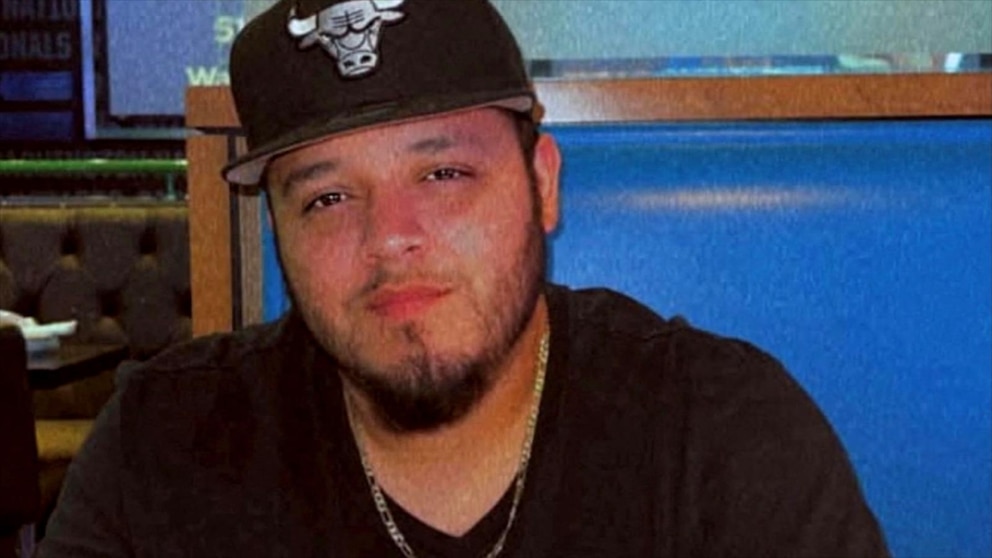Federal Judge Deals Another Blow to Trump’s Birthright Citizenship Order
For the second time this week, a federal judge has issued a nationwide preliminary injunction to block President Trump’s effort to end automatic citizenship for babies born on U.S. soil to undocumented immigrants.
The decision, handed down on Thursday morning in Seattle, came a day after a judge in Maryland issued a nationwide injunction against President Trump’s executive order seeking to ban birthright citizenship.
The executive order is facing several legal challenges, and the injunction on Thursday, by Judge John C. Coughenour of the Western District of Washington, came in a case brought by four state attorneys general.
“The constitution is not something with which the government may play policy games,” Judge Coughenour said on Thursday. “If the government wants to change the exceptional American grant of birthright citizenship, it needs to amend the Constitution itself.”
The Justice Department did not immediately respond to a request for comment on the injunction.
On Jan. 23, Judge Coughenour issued a temporary restraining order, which was to expire after 14 days. He had scheduled the Thursday hearing to consider a preliminary injunction to replace the temporary one. In most instances, a preliminary injunction remains in force until a case is resolved or a higher court overturns it.
A hearing in another lawsuit challenging the order is scheduled for Friday in Massachusetts.
The president’s order, one of several issued in the first few hours of his administration to curtail immigration, declared that children born in the United States to undocumented immigrants after Feb. 19 would no longer be treated as citizens.
The order would also extend to babies born to mothers who are in the country legally but temporarily, such as tourists or temporary workers, if the father is not a citizen.
Birthright citizenship is guaranteed under the 14th Amendment, and ending that right would, according to legal scholars, require amending the Constitution. But Mr. Trump has campaigned against immigration, and promised to take action on birthright citizenship.
“The court has already recognized that the executive order is plainly unconstitutional,” Lane Polozola, of the Attorney General’s office for Washington State, said during the hearing. “And there is no doubt. The text and the history of the 14th Amendment are clear.”
Arguing in defense of the president’s order, Drew C. Ensign, a deputy assistant attorney general, referred to an 1884 Supreme Court decision that found that Native Americans were not constitutionally entitled to U.S. citizenship — he noted that their birthright citizenship came instead from Congress — and drew a parallel to the children of immigrants.
The argument is not new, and has been repeatedly disputed by legal scholars who say that the analogy sidesteps the issue of Native American sovereignty.
“There’s very clear and strong precedent” for birthright citizenship as it stands today, said Prof. Adam Winkler, a constitutional law expert at the University of California, Los Angeles. “Mainstream legal thought has assumed this understanding of birthright citizenship for decades.”
Judge Coughenour was unpersuaded by Mr. Ensign’s argument. “It has become ever more apparent,” he said, “that to our president, the rule of law is but an impediment to his policy goals.”
Because the Maryland injunction was also national in scope, the Washington decision does not alter the legal landscape immediately. But the two bolster each other, Professor Winkler said. If one injunction is appealed, for example, the other could still stand.
The Seattle decision “also has potential meaning in signaling to the courts of appeals that more and more judges across the nation believe this is the right outcome,” Professor Winkler said.
Several lawsuits have challenged Mr. Trump’s order, including the one in Seattle, which was filed by the attorneys general from Washington, Arizona, Illinois and Oregon, and the one in Maryland, which was brought by two nonprofit organizations.
The pertinent section of the 14th Amendment — that “all persons born or naturalized in the United States, and subject to the jurisdiction thereof, are citizens of the United States” — has long been interpreted to apply to every baby born in the United States, with some narrow exceptions, including children of accredited foreign diplomats.
Federal courts have never recognized further limitations on birthright citizenship.
In the case before Judge Coughenour, who was nominated to the bench by President Ronald Reagan, the four state attorneys general argued that Mr. Trump’s order would deny rights and benefits to more than 150,000 children born each year and leave some of them stateless.
